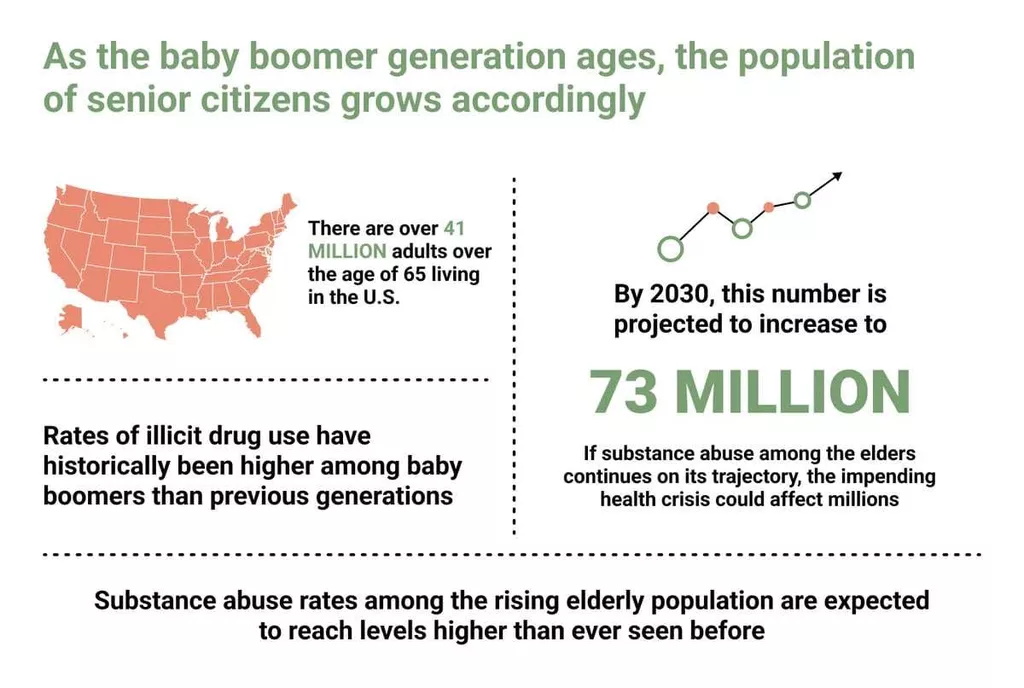
And, try to continue drinking fluids that are gentle on the digestive system throughout the day (so, water, soda water, and soft sports drinks). For instance, there’s research showing that those with a certain variation of Alcoholics Anonymous the ALDH2 gene tend to have worse hangovers. This is because this gene variant reduces the body’s ability to break down the toxic acetaldehyde that contributes to hangover symptoms. There may be many other genes that impact alcohol processing as well, which future research is likely to uncover. A 2-day hangover could also be caused by the medications you’re taking.
Poor Sleep Quality From Drinking Too Much Alcohol
Another factor of alcohol consumption that can contribute to a hangover is the how long does a hangover last fact that alcohol in itself can disrupt the stomach’s natural environment. Unfortunately, individuals with post-traumatic stress disorder (PTSD) are more likely to experience suicidal thoughts. This type of safety plan serves as a guide during a “worst case scenario” to help individuals in crisis.
We Process Alcohol Slower With Age
- Heroin addiction is a severe and often misunderstood issue, affecting…
- The best way to prevent AUD, and frequent hangovers, is to limit the amount of alcohol you consume.
- For instance, your age, weight, height, and gender will all play a role in how quickly your body can metabolize those cocktails you had last night.
- Most people recommend sticking to lighter drinks with less congeners for less of a hangover – drinks like vodka and gin.
Some hangovers, known as a two-day hangover, last anywhere from 48 to 72 hours. These hangovers are usually the result of heavy drinking and can have lasting effects. Dual diagnosis programming help avoid this problem by treating both the mental health disorder that causes people to turn to substance abuse for relief, and the patterns of unhealthy behavior ingrained by addiction. Professional help is a key factor in successfully adjusting behaviors to prevent falling back into a pattern of abuse. Many people use alcohol as a form of self-medication to overcome stressful mental health issues, such as depression, anxiety, or past trauma.
Online Therapy Can Help
Our metabolism slows down and our immunological responses are altered – so yes you will certainly experience differences the older you get,’ says Dr Haq. Essentially, as the years tick on, your body’s ability to break food and drink down at speed lessens. There are also the effects of your body metabolising those tinny ginnies. The first step results in the production of acetaldehyde which is a toxic, short-lived by product.
Why do hangovers last 2 or 3 days when you’re older? Doctor explains the science behind it
Some can also interact with the enzymes involved in the breakdown of alcohol. Your body is not as good at metabolizing alcohol and its by-products and repairing itself from the damage caused. Suppose you’re feeling sick, nauseous, or vomiting on the second day of your hangover. In that case, it should prompt you to think of other causes we will get into later. Some of the most problematic symptoms are headache, nausea, vomiting, inability to focus, muscle aches, and feeling thirsty. If you’ve ever experienced a 2 day hangover, you’ll know all about the struggles it comes with.

There’s no harm in acting early in addressing potential problem drinking. If knowing the risks of developing physical dependence and the dangers of withdrawal can deter excessive drinking, one might avoid the hangover altogether. In fact, some of the most severe symptoms of withdrawal can continue to develop as many as two or three days after the last drink.

What actually happens inside your body when you drink alcohol?

Hangover IV treatment has several benefits over traditional hangover remedies. It is quick, convenient, and effective and can be customized to individual needs. The lack of vasopressin leads to increased urination and fluid loss, resulting in headaches, fatigue, and thirst.